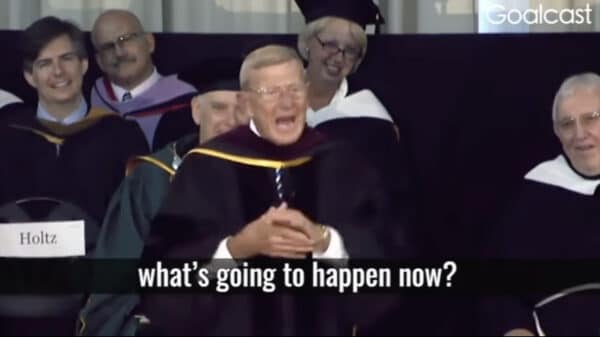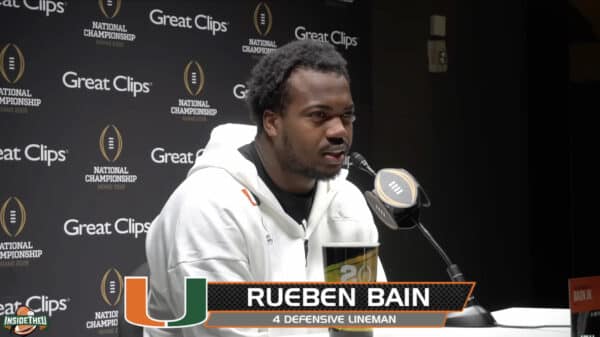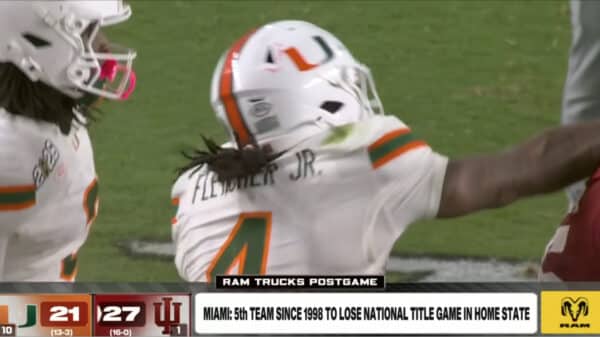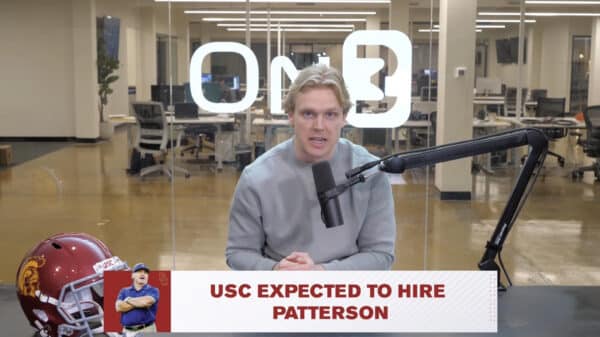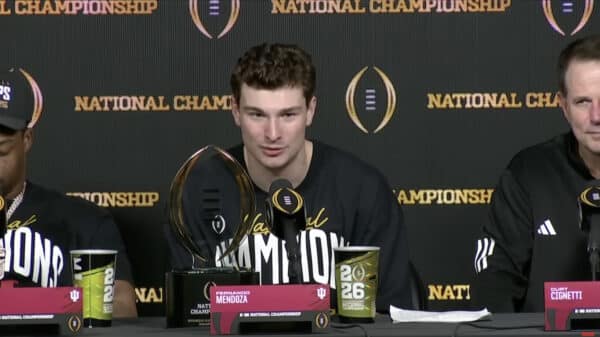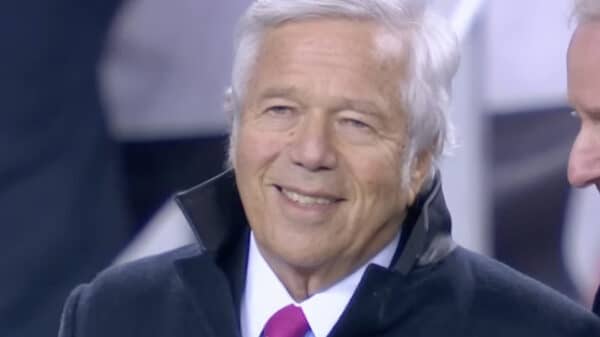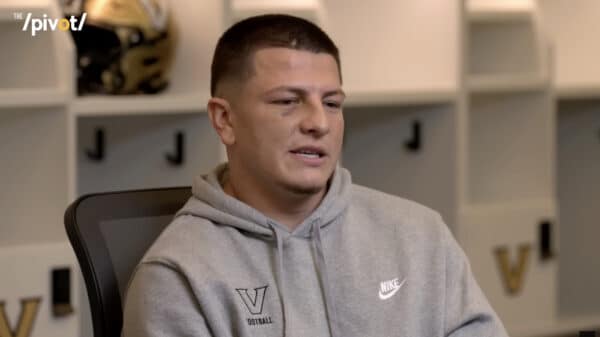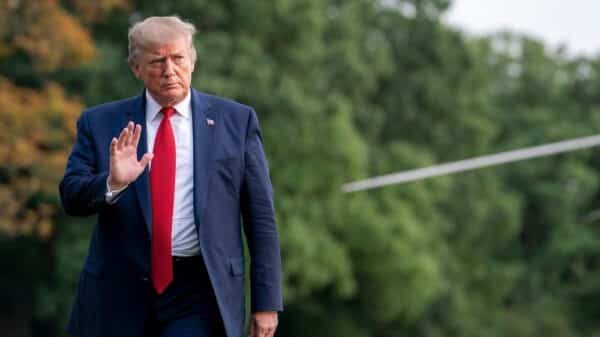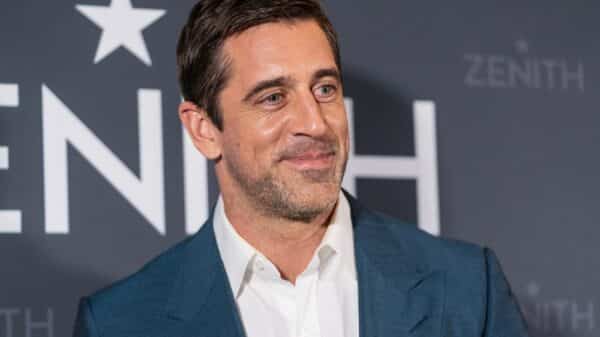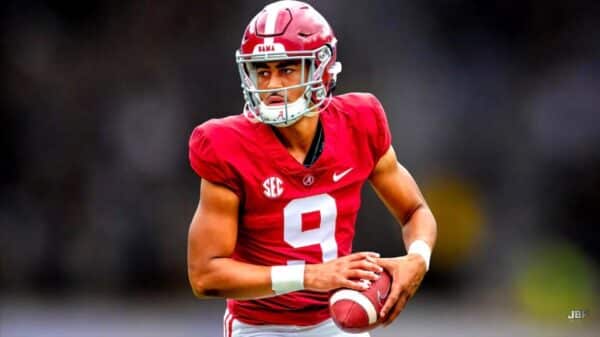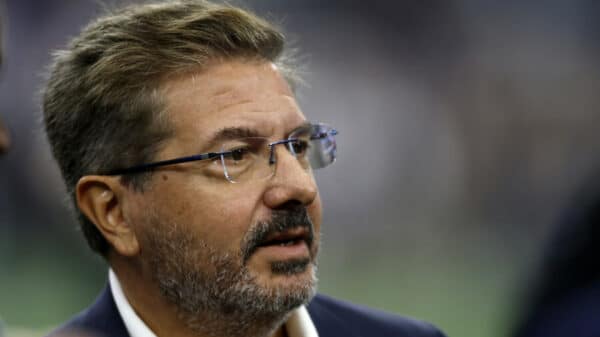Bill Belichick, known for his strategic prowess in the NFL, has recently made headlines following his debut as the head coach at the University of North Carolina. His decision-making has raised eyebrows, intensifying discussions surrounding his approach to leadership and player development in a vastly different arena.
A Dramatic Step: Barriers to Player Evaluation
In a revealing report, Mike Florio from Pro Football Talk highlighted that Belichick has restricted scouts from the New England Patriots from attending UNC practices. This seemingly petty decision, relayed through his colleague Mike Lombardi, raises questions about Belichick’s focus and motivation. By barring scouts, Belichick limits the opportunities for UNC players to be evaluated for potential NFL positions, a contradiction to his aim of preparing athletes for professional careers.
Assessing the Risks: Belichick’s Logic in Question
Florio’s commentary on the move being “stupid” and indicative of “infantile pettiness” aligns with a growing sentiment that Belichick’s actions jeopardize not only his own reputation but also the prospects of the athletes under his guidance. The critical question remains: Why limit the exposure of players to NFL scouts, particularly when Belichick’s appeal is his ability to nurture talent for the pros?
Recruiting Implications: A Possible Setback for the Tar Heels
This decision carries significant implications for recruiting. Rival programs may leverage the narrative that Belichick is more focused on settling scores with the Patriots than on maximizing player potential. For high school athletes, the decision could make the Tar Heels a less attractive option, undermining Belichick’s ability to recruit top-tier talent. This strategic misstep could reverberate throughout the program for years to come.
Looking Ahead: The Future of Belichick at UNC
As Belichick embarks on this new chapter, important questions linger about his adaptability and mindset. While his track record in the NFL is unparalleled, the college football environment demands a different approach—one focused on player development rather than personal rivalry.
The transition from the NFL to college football presents unique challenges, and Belichick’s current path might be indicative of a deeper struggle to adjust. With this in mind, it remains to be seen whether Belichick can effectively navigate these challenges or if his tenure will be defined by controversies rather than victories on the field.
In summary, Belichick’s methodical style may need a reevaluation when applied in the college realm. As commentators continue to scrutinize his actions, one can only hope that he will pivot towards fostering an environment conducive to maximizing potential, not just for himself but for the players he is tasked with developing.
Image Source: Bill Belichick @ Instagram

